
Uman and the Korach Syndrome
The young man who asked his Rosh Yeshiva for permission to make the pilgrimage to Uman for Rosh Hashana was threatened with immediate expulsion…

The Gemara relates an eye-opening incident from the holy study hall of Rav Ashi in Babylon (see Tractate Sanhedrin, 102b): Rav Ashi was speaking about the kings of Israel when he told his students, “Tomorrow, we’ll be speaking about our friend Menashe,” referring with a condescending tone to King Menashe who sinned terribly by worshiping idols. That night, King Menashe came to Rav Ashi in a dream. Rav Ashi – the magnificent scholar who together with Rabina completed the compilation of the Babylonian Talmud – couldn’t answer the few questions in religious law that King Menashe asked him.
“So who do you think I am, your buddy or your Dad’s buddy, that you refer to me – the King of Israel – with such disdain?” growled King Menashe.
Rav Ashi replied, “So since you’re so learned, why did you engage in so much idolatry?”
King Menashe answered, “If you, Rav Ashi, were in my generation, you’d have picked up you’re the hem of your cape so you could run faster to do idolatry yourself!”
* * *
Ask any Rosh Yeshiva or community rabbi: “If you had lived during the time of Korach, would you too have revolted against Moshe Rabbenu?” Undoubtedly, all the Rosh Yeshivas and community rabbis would say a resounding “no!” But, they’re fooling themselves…
According to the way so many community rabbis and Yeshiva heads react to the holy kibbutz of Breslever Chassidim in Uman on Rosh Hashanah, they’d be first in line right next to Korach, shaking their fists at Moshe Rabbenu and yelling in utter insolence, “Who do you think you are? The whole congregation is holy, not just you! What do we need you for?” (see Numbers 16:3).
A young man came to me in tears this week. This particular young man learns in what’s considered one of the best Yeshivas in Israel. He excels in his studies. But, since he has been striving for enhanced spiritual growth, he has been attending emuna lessons at our Yeshiva in his free time, reading Rav Arush’s books, and developing a strong connection to Rebbe Nachman. The young man had asked his Rosh Yeshiva for permission to leave the Yeshiva for Rosh Hashanah and make the pilgrimage to Uman.
The Rosh Yeshiva barked impulsively, “If you go to Uman, then don’t bother coming back to the Yeshiva!”
The young man tried to plead. “Rosh Yeshiva, have I ever made trouble here? Have I ever skipped learning or received less than excellent marks on tests? Have I ever spoken on a cell phone during learning time? Why are you so quick to throw me out?”
The Rosh Yeshiva realized that he had been a little fast on the trigger and tried to moderate his initial reaction, at least on the surface. “What do you need to go to Uman for? Doesn’t Hashem hear our prayers from here? Who is Rebbe Nachman, anyway? Aren’t we all a holy people here at the Yeshiva, dedicating our lives to Torah?”
It’s scary to hear a Rosh Yeshiva almost word-for-word paraphrasing Korach…
My beloved Rabbi and spiritual guide Rav Shalom Arush, may Hashem bless him always, explained to me that Mashiach would have been here long ago were it not for klipat Korach, what I take the liberty of translating into English as “The Korach Syndrome.” What is it?
“The Korach Syndrome” is a negative spiritual force that comes directly from the Evil Inclination, which does everything in its power to keep a person from connecting and binding himself to the true tzaddik. Just as Korach was a monumental scholar with impeccable lineage, “the Korach Syndrome” subjugates the minds and hearts of rabbis and Torah scholars from the finest families.
We can easily write an entire volume about the merits of a connection to a true tzaddik, a righteous man and spiritual guide. All of Breslever literature is full of the merits of being connected to a tzaddik. Not only that, but one cannot attain even a basic measure of emuna and the awe of Hashem without a connection to a tzaddik. But why go as far as Breslever literature? The Torah in Shirat HaYam commands us to believe in Hashem and in Moses His servant. The seventh and eighth of the Rambam’s Thirteen Principles of Faith center on our belief in Moses. And, not only in Moses; the Gemara in tractate Rosh Hashanah (25b) says that Yiftach in his generation is just like Samuel in his generation.
I humbly ask the honorable Rosh Yeshiva who is standing in the way of his pupil going to Uman: “Can you, esteemed Rosh Yeshiva, guarantee the soul correction of your pupils? Can you, esteemed Rosh Yeshiva, represent your pupils and their loved ones as counsel for the defense in the life-and-death trial proceedings in the Heavenly Court on Rosh Hashanah? Are you, esteemed Rosh Yeshiva, willing to sacrifice your own comforts in this world and in the next to pull your pupils out of the nether world, if they unfortunately get sentenced to such a fate?”
I don’t think a community rabbi or a Rosh Yeshiva in his right mind would sign such a spiritual check that he certainly can’t cover.
Rebbe Nachman signs tens of thousands of such checks every year at Rosh Hashanah in Uman.
Likutei Moharan speaks in no less than eight places about the lofty merits of traveling to the tzaddik, particularly on Rosh Hashanah. Rebbe Nachman – whom we believe is the spark of Moses whose fire shall burn brightly until the coming of Mashiach – said, “No one shall be missing! There is nothing as lofty as my Rosh Hashanah!”
Each additional person that attends the kibbutz in Uman brings the Jewish people a giant step closer to the full redemption of our people.
Esteemed rabbi and Rosh Yeshiva, can you begin to imagine the surprise and embarrassment when you’ll be accused of revolting against Moshe Rabbenu? Maybe your pupil would have been pilgrim number 48,000 to the holy kibbutz; maybe that would have been the magic number that would have turned the giant prayer-and- teshuva factory in Uman into the catalyst of Geula and Maoshiach? And you prevented it?
teshuva factory in Uman into the catalyst of Geula and Maoshiach? And you prevented it?
If Rav Ashi was chastised of making light of King Menashe, then others – way below Rav Ashi’s level – should be one-hundred-fold forewarned about disparaging the holy Rebbe Nachman of Breslev. Esteemed rabbi and Rosh Yeshiva, don’t be lifting up the tails of your frock to run and rebel against the true tzaddik. And, even if you don’t believe that he’s the true tzaddik, are you willing to play spiritual Russian Roulette? That’s dangerous. Just ask Korach – you don’t have to be a Chilean coal miner to be buried alive deep in the bowels of the earth.
G-d willing, we’ll see everyone else soon in Uman. May you be inscribed in the Book of Life for a wonderful New Year, amen!


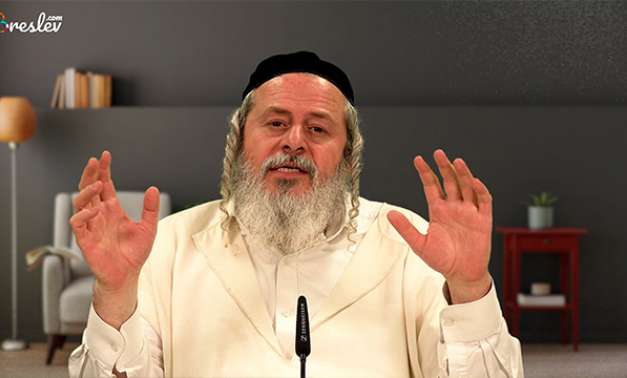
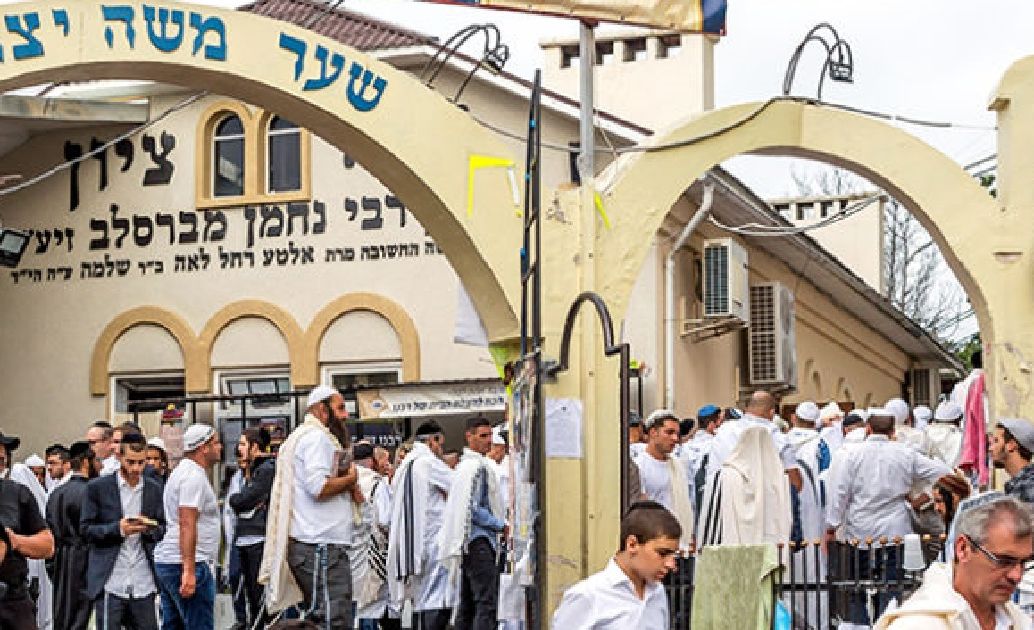
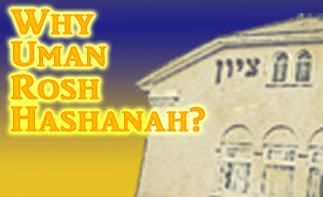

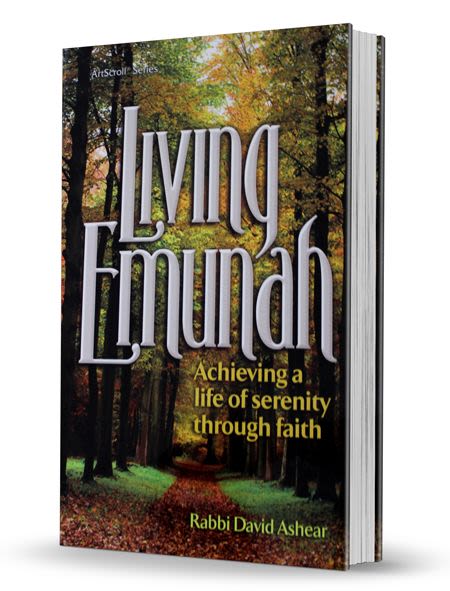

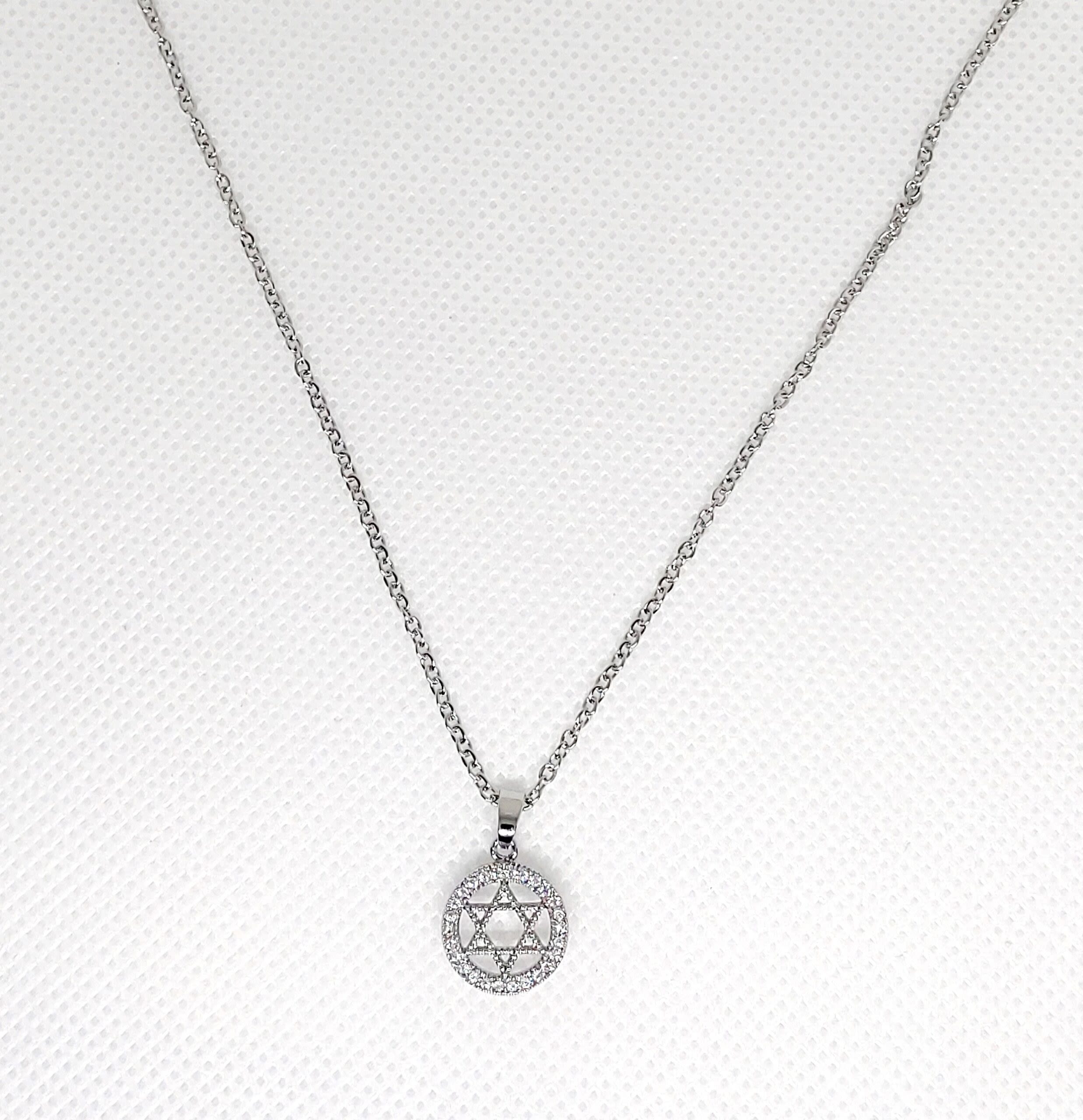
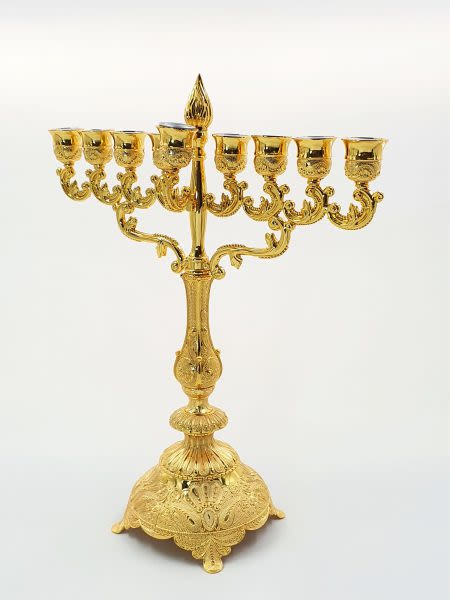
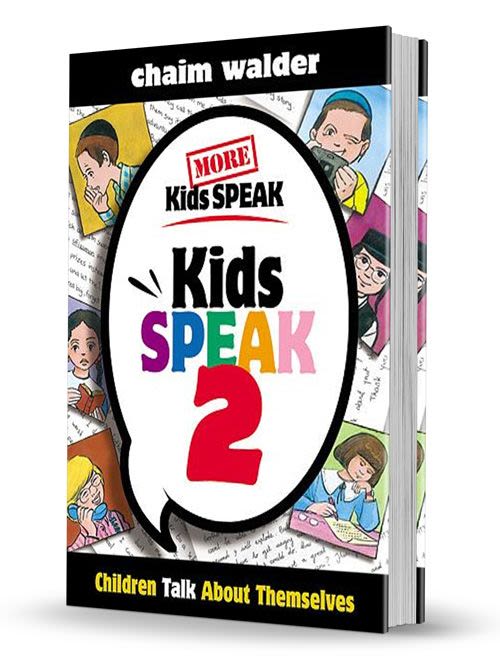
1/30/2012
Who do you think you are!!! Those same words being yelled at me in Chabad shul, no Rabbi wasnt there at that time. This is when I went totally observant(Hashems nudging) and found it easy and natural. Some people didnt like that at all. I even bought a hamsa. Who do you think you are!!I know who I am so I dont go there and keep observant as possible.
1/30/2012
Those same words being yelled at me in Chabad shul, no Rabbi wasnt there at that time. This is when I went totally observant(Hashems nudging) and found it easy and natural. Some people didnt like that at all. I even bought a hamsa. Who do you think you are!!I know who I am so I dont go there and keep observant as possible.
10/04/2011
Don’t throw yet HaRav Ovadia Yosef gave his haskama to Rav Arush's books on emuna and emuna-based topics, not on going to Uman. So, don't have to throw out any books.